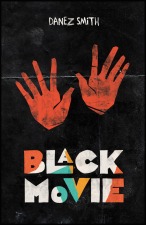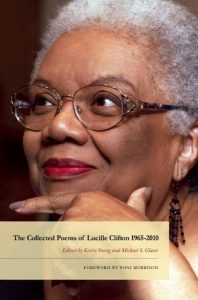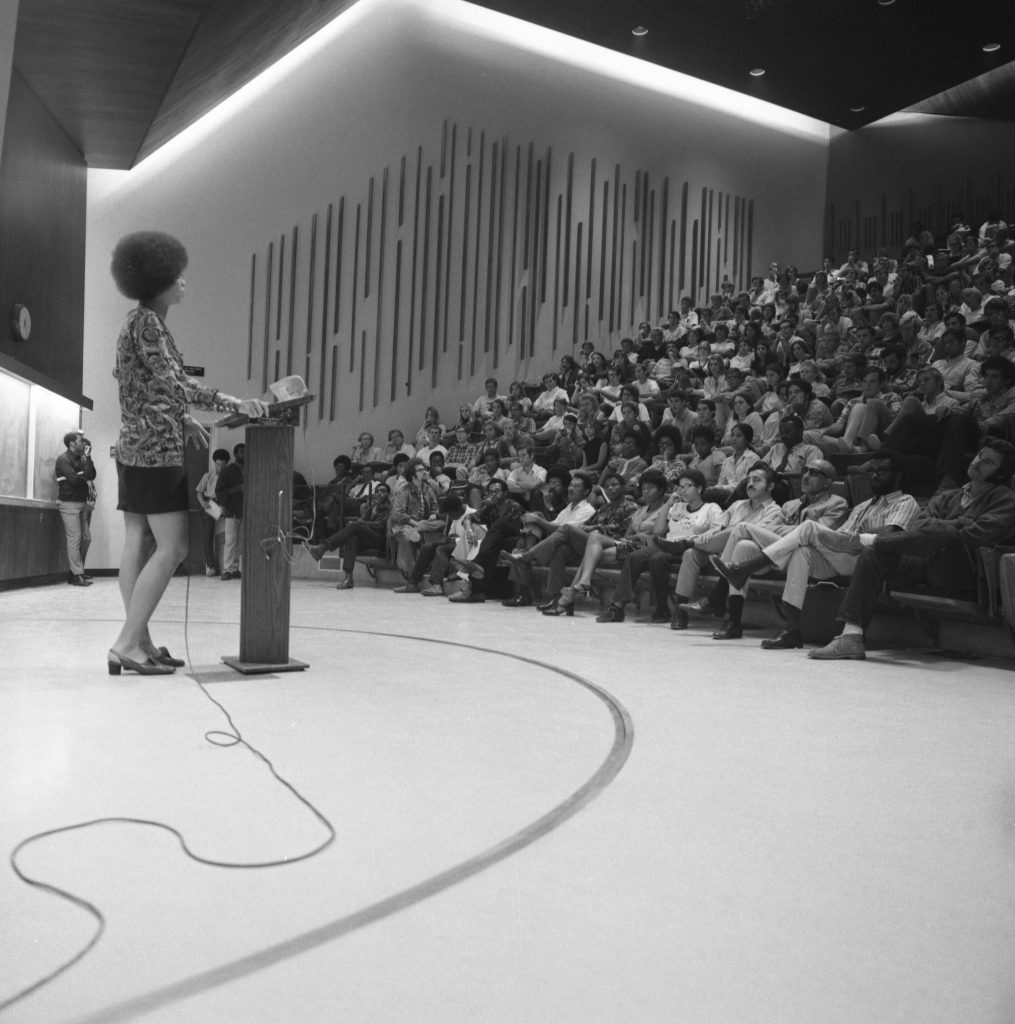Celebrate National Poetry Month
The UCI Libraries’ Black Lives Matter book display features a variety of works of poetry. We already featured a review of Kevin Young’s The Grey Album . And we even reviewed Claudia Rankine’s Citizen.
For this post, we celebrate April as the National Poetry Month by calling attention to a few other works of poetry that you can find on display in Langson Library.
Wild Hundreds by Nate Marshall
Wild Hundreds is a long love song to Chicago. The book celebrates the people, culture, and places often left out of the civic discourse and the travel guides. Wild Hundreds is a book that displays the beauty of black survival and mourns the tragedy of black death.
Follow Nate Marshall @illuminatemics
Teaching my Mother How to Give Birth by Warsan Shire
As Rumi said, “Love will find its way through all languages on its own”; in ‘teaching my mother how to give birth’, Warsan’s début pamphlet, we witness the unearthing of a poet who finds her way through all preconceptions to strike the heart directly.
Follow Warsan Shire @warsan_shire
Black Movie by Danez Smith
Poetry. African American Studies. These harrowing poems make montage, make mirrors, make elegiac biopic, make “a dope ass trailer with a hundred black children/ smiling into the camera & the last shot is the wide mouth of a pistol.” That’s no spoiler alert, but rather, Smith’s way saying & laying it beautifully bare. A way of desensitizing the reader from his own defenses each time this long, black movie repeats.
Follow Danez Smith @Danez_Smif
The Collected Poems of Lucille Clifton 1965-2010
by Lucille Clifton
The Collected Poems of Lucille Clifton 1965-2010 combines all eleven of Lucille Clifton’s published collections with more than fifty previously unpublished poems. The unpublished poems feature early poems from 1965-1969, a collection-in-progress titled the book of days (2008), and a poignant selection of final poems. An insightful foreword by Nobel Prize-winning author Toni Morrison and comprehensive afterword by noted poet Kevin Young frames Clifton’s lifetime body of work, providing the definitive statement about this major America poet’s career.







